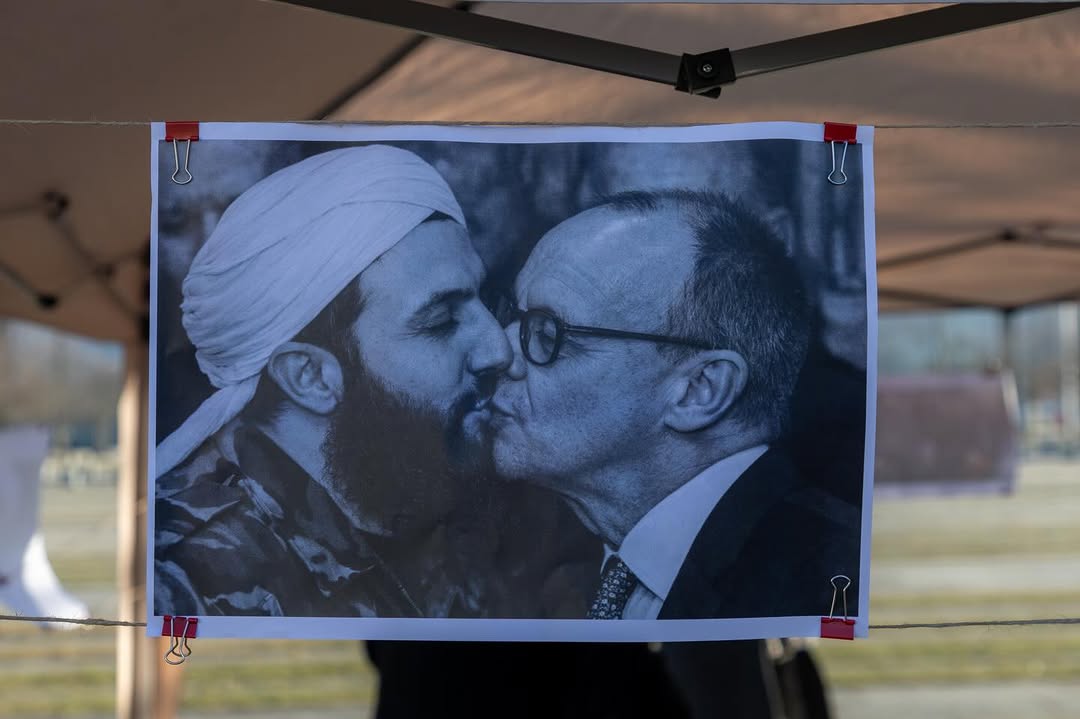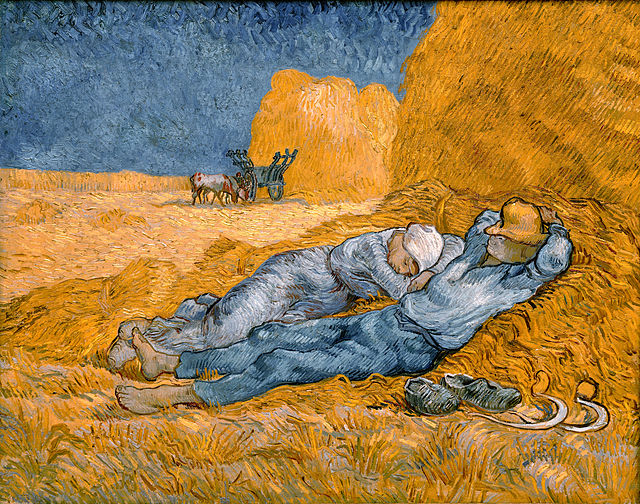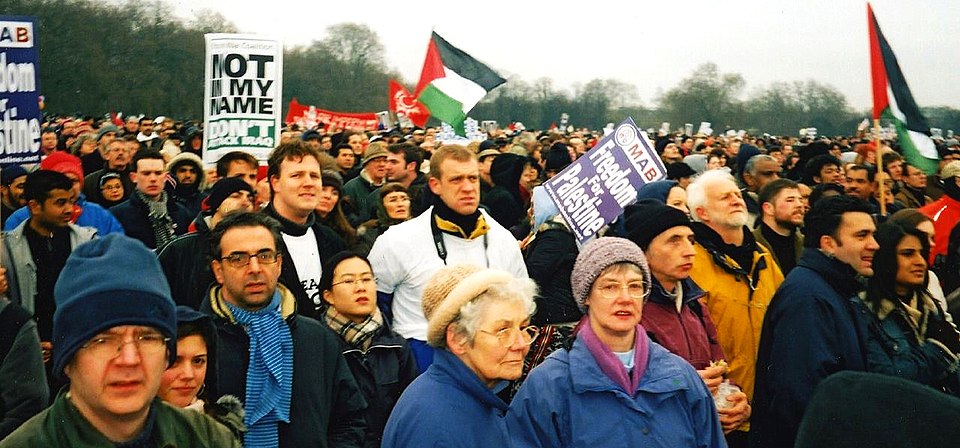There is currently a lot of media attention on Qatar. On the BBC’s news homepage, 20 percent of the stories concerning FIFA World Cup are on politics of Qatar (1 out of 5 at the time of writing), the rest naturally being about football. This is probably more than the average day during your average world cup. Calls to boycott the world cup have been many and it is undoubtably a good thing that Qatar’s human rights record has been brought to light, especially in the context of tightening relations with Germany (and other western European countries) and the energy crisis. Germany’s Economics minster Habeck was in Qatar in May and the Chancellor Scholz was in Saudi Arabia, both with eyes hungry for oil and gas.
As has been well reported, Qatar had almost none of the necessary infrastructure to host the World Cup when then FIFA president Sepp Blatter announced in 2012 that their bid was successful. So began an enormous project to build 7 stadiums, a metro network (with the support of Deutsche Bahn), hotels and much more (including even a completely new city). For this, Qatar required a huge amount of manual labour. More specifically, foreign labour.
The majority of the migrant workers in Qatar and the Gulf are from South Asian countries such as India, Bangladesh and Nepal, with a large, increasing number from Africa. The majority of these migrants workers fall under the kafala system which has recently entered the public consciousness. The “kafala sponsorship system” is used throughout the Gulf to organise migrant labour and has long been a concern of human rights organisations not just as an issue in Qatar, but across the region.
In this article we consider the history of the kafala system, to understand it as part of the legacy left behind by the British after the collapse of the empire and the realities of how it is lived today by migrants.
The Kafala System
The kafala sponsorship system is widely used throughout the middle east. It involves a sponsor (usually a citizen or company) who sponsors a migrant, affording them entry to the country in question and the right to work for the sponsor. The sponsor is then legally responsible for the worker. The crux of the system, as Omar Hesham AlShehbi writes, is that the state ”delegates the authority needed for a migrant to enter the country to the citizen employer”. He goes on to outline, the entire bureaucratic-legal complex has four components:
- An entry visa
- An exit visa
- Certificate to change job or leave the country
- Sometimes surety/money deposit from the Sponsor
As is laid out in AlShebis article, each of the above levels originated during the British colonial era.
In the early 20th century, in order to manage colonised populations and labour forces, the British were already running a system of entry and exit visas to facilitate moving across the British defined boarders of Iraq, Iran and Jeddah, as well as Bahrain (which was a ‘British Protectorate’ as of 1861). Individuals living under British jurisdiction, when not British citizens, were classified as either “locals” or “foreigners ”.
Pearling has been present in the Gulf sea for thousands of years and in the early 20th century the industry to collect pearls was rapidly growing. Divers working on the ships already faced extremely repressive working conditions and debt bondage. The Pearling industry required large amounts of labour and at the beginning of each season, large numbers of migrants would arrive to work on pearling ships. Managing the flow of the divers became urgent for the British authorities and the sponsorship system was born.
Ship captains were the sponsors and workers were most often people from the Indian subcontinent, then occupied and ruled by the British. Ship Captains acted as surety and were responsible for the eventual departure of the worker.
Oil was discovered in Bahrain in 1932 (by the Bahrain Petroleum Company, founded in Canada by the company which went on to become Chevron) which saw an increase of inward flow of migrants, again particularly from the Indian subcontinent.
The fact that the majority of workers were arriving from the Indian subcontinent is a direct consequence of the ‘Indian indentureship system’ of the British Empire.
Of this system, academic Shirleen Anushika Datt writes: “The Indian indentureship system was created to replace the previous system of slave labour; enforced by British government, the system was created to sustain its colonies and sugar plantations overseas. The British created the Indian indentureship system specifically as a source of cheap labour after the emancipation of slavery. When the Indian indentureship system was abolished after 80 years of operation, 3.5 million Indians had been removed from their ancestral lands and scattered as far as the Caribbean, Africa, Asia and Oceania.”
The sponsorship system solidified and spread throughout the Gulf. In 1946, the oil discovered in Kuwait the year before began to be exported. The oil industry in Kuwait procured the vast amount of labour needed using the same sponsorship system as in Bahrain.
In 1961, Kuwait gained independence and the sponsorship system officially became the kafala system. Over the next decade, the rest of the Gulf gained independence from Britain, the last being Qatar in 1971, and in each of the new regimes, the dealing with ‘foreigners’ was delegated to the sponsorship of citizens.
The reality of the kafala system today
The kafala system as it exists today still bares many of the signs of its colonial past. Most workers in the Gulf are from southern Asia, but an increasing number of East Africans are choosing to emigrate to the Gulf in search of work. While men most often work in construction or as security guards, women are most commonly brought in as domestic workers.
Around 180,000 Ugandans and Kenyans migrated to the Gulf last year in search of work, with around 200,000 Ugandans currently working in Saudi Arabia alone as of August this year. This is encouraged by the governments given the economic incentive: Uganda generated roughly 5% of GDP through remittances from workers employed in the Gulf in 2021. It is facilitated by a large number of companies offering the service of bringing together people in search of work and kafala sponsors.
Abuse is rampant, one poll finding that 99% of Kenyans in the Gulf are abused. Those who make it home report of horrific accounts of physical, sexual and mental abuse and cases of organ trafficking are increasing. The increasing number of unexplained deaths has caused the Ugandan government to halt the registering of new labour export companies and to launch an inquiry to investigate the working conditions .
The reality of what awaits these migrants when they arrive is not unknown to them, they are not naïve, nor are they fooled by the advertisements of beaches and luxury airplanes by companies looking to sell their labour. The Lugandan name for someone who migrates to these richer countries is nkuba kyeyo – the one who sweeps.
The money is simply much better than what is available for them should they choose to stay and find work in their home countries. A Ugandan domestic worker in Saudi Arabia earns around €225 a month after a bilateral deal between the governments, much more than at home. And while one may be aware that there is a chance of finding oneself in a dangerous situation, the economic draw of the much-needed money and manipulative practices of the labour export companies are proven very successful.
Why This History Matters
The wealth provided to the Gulf states by the worlds addiction to fossil fuels is then used to generate more wealth by exploiting the populations of other countries. The bureaucratic and legal systems required to procure this criminally cheap labour on the scale which we currently see is something learned directly from the ex-colonial powers.
Indeed, as we have seen, it was a program handed to the leaders of the newly independent states from the British colonial rulers. It is the basis of racial capitalism and is something we cannot let governments here in the global north continue to ignore. Both as an ongoing issue and as the material basis for the relative privileged experienced in the Global North. One important example for us on the British left is that Attlee was founding the NHS and other pillars of the British welfare state with wealth extracted from the colonies.
The old colonial powers still play a continued role in this story. London has always been the destination for extracted wealth, both from resources and labour. Not only in the form of property, but also services like the PR company Portland Communications UK who aim to sanitise your countries ‘Brand’, like the Qatari government has done. Portland Communications UK was set up by Tim Allen, a political advisor to Tony Blair.
The British Empire was always an empire of corporations, with the British state ensuring that the maximal amount of wealth can be extracted by the British capitalists, where most of this wealth remains, albeit hidden away in British overseas territories such as the Cayman Islands and Bermuda (See Kojo Koram’s Uncommon Wealth for an excellent account).
All the while the British working class experience the ‘Imperial Boomerang’ of Foucault, building on work by Césaire, which sees techniques developed to oppress colonised populations brought back to be used against the working class in the metropoles of Western Europe.
As we call for international solidarity for workers experiencing the horrors of the kafala system in the Gulf, we must know the history. We cannot let old colonial countries, like Britain, throw cynical accusations of human rights abuses while refusing to engage with how their countries would not exist as they do today without such practices.




